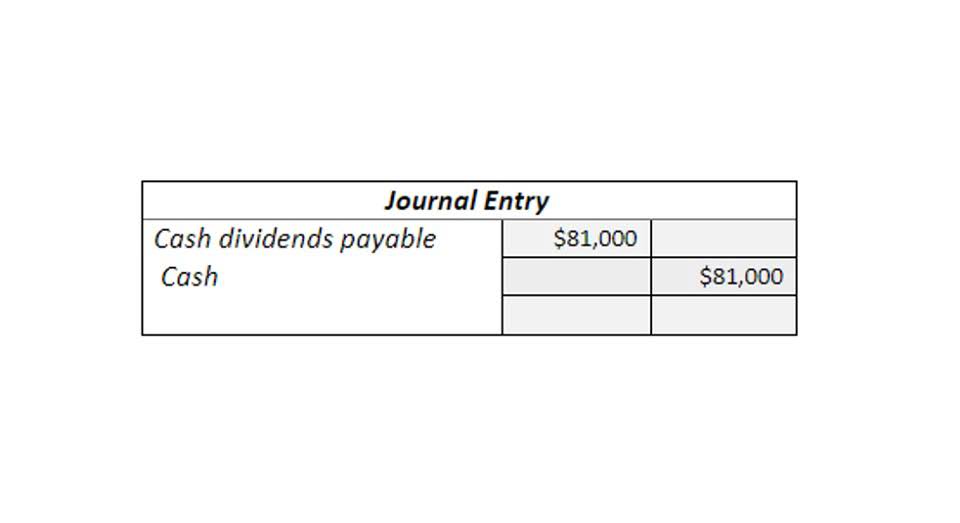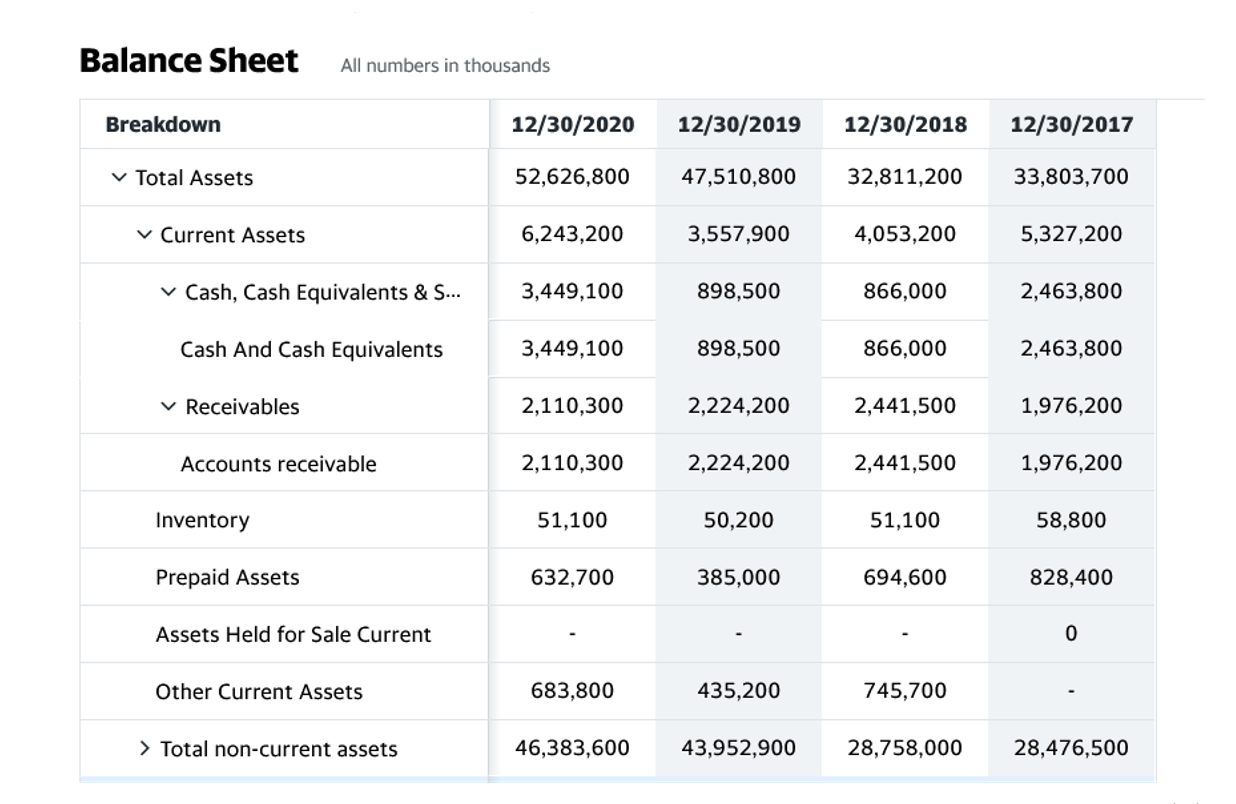
Payroll can have far-reaching consequences, such as employee trust and financial stability. Tackling these challenges requires a cycle of learning, adaptability, and proactive problem-solving. Keeping up-to-date laws and regulations ensures compliance with payroll practices so the company can avoid raised liabilities from nowhere. Strict compliance with the law is thus necessary to protect the company’s status and assets. Accounts Receivable is the money owed to a business by customers for goods or services delivered but not yet paid for. AR is considered an asset on the balance sheet and plays a crucial role Insurance Accounting in cash flow management.

Payroll Deductions & Taxes

Employers must withhold federal income tax, Social Security, and Medicare taxes from employees’ wages. State and local tax withholding requirements vary by jurisdiction. Social Security and Medicare taxes are paid by the employer and employee. The current tax rates are 6.2% for the Social Security tax and 1.45% for Medicare tax.
Know Your Filing Dates
- Federal unemployment tax (FUTA) is paid by employers—6% on the first $7,000 that each employee earns.
- That form goes to the Social Security Administration and the employee should also receive a copy from their employer so that they can accurately complete their tax returns.
- Cloud-based payroll systems can help save businesses time when managing their payroll.
- You still need to remit payroll taxes for yourself if you have a business but no employees.
- It is not just a part of daily administration but a decisive factor in employee satisfaction, legal compliance, and company productivity.
- Employers use total compensation packages to attract and retain talent in competitive job markets.
There are various elements to consider, such as cross-border employment arrangements, immigration risk management, and global payroll coordination. Also, foreign businesses often have employees from the parent country who will provide services in the U.S. and create shadow payroll situations. The majority of payroll providers are not equipped to handle such services, so it’s important to speak with your accountant to go over options when selecting a payroll provider. Federal income tax withholding is based on the employee’s paycheck and W-4 form.
- It may take anywhere from one day to several weeks to get a SUTA number depending on the state.
- For small business owners, outsourcing payroll taxes can save significant time and reduce costly errors.
- An employer with a FUTA tax liability of $500 or less in a quarter may carry its deposit over to the next quarter.
- To simplify compliance, many business owners use payroll services or software to manage payroll tax forms, calculate payroll tax rates, and deposit taxes.
- For most employers, workers’ comp is administered through a state-mandated program.
- Get $30 off your tax filing job today and access an affordable, licensed Tax Professional.
- Maintaining a well-organized payroll system will contribute to the success of your business and foster a positive work environment.
Key Considerations for Foreign Businesses Establishing US Payroll
Employers may mistakenly classify workers as contractors to avoid paying payroll taxes. Remember, independent contractors are exempt from payroll taxes, but misclassification can lead to fines and back taxes. The FUTA tax rate is 6%, but with timely SUTA payments, employers can earn a credit of up to 5.4%, reducing the effective rate to 0.6%. SUTA taxes vary by state, and employers should review state and local regulations to understand exemptions and rates. Employers pay a Social Security tax of 6.2% on an employee’s gross income up to the annual wage limit (check IRS updates for the exact amount).

Form W-2 and W-3: Reporting Employee Wages

Understanding payroll taxes can help you streamline your processes while keeping your employees and the IRS satisfied. Employers must provide Form W-2 to employees by January 31, summarizing annual federal wages, deductions, and taxes withheld. Form W-3 is submitted to the Social Security Administration to ensure compliance. In states that levy state income tax (SIT), employers must also withhold that tax from employees’ pay. income summary Unethical payments may result in disputes, penalties, or lawsuits.
Want to Make Your Payroll Tax Registration Hassle-free?
- For example, if an employee’s gross taxable income for a pay period were $1,000, the Social Security deduction on the employee’s paycheck would be $62 ($1,000 x 6.2%).
- Businesses must comply with federal, state, and local payroll tax rules, and the rules can differ across state and local government agencies.
- But employers may have to keep some sensitive employee documents — like employee wage, tax, and retirement account records — for longer periods.
- They also streamline preparing and filing reports and managing the regulatory aspects of payroll.
In case you wondered, the terms “payroll taxes” and “employment taxes” are basically the same. State employment laws vary by state and companies must follow guidelines for all states that have employees. Playroll offers employers responsibilities for payroll do not include fast, secure payment solutions that ensure your employees receive their wages on time, every time, no matter where they are.